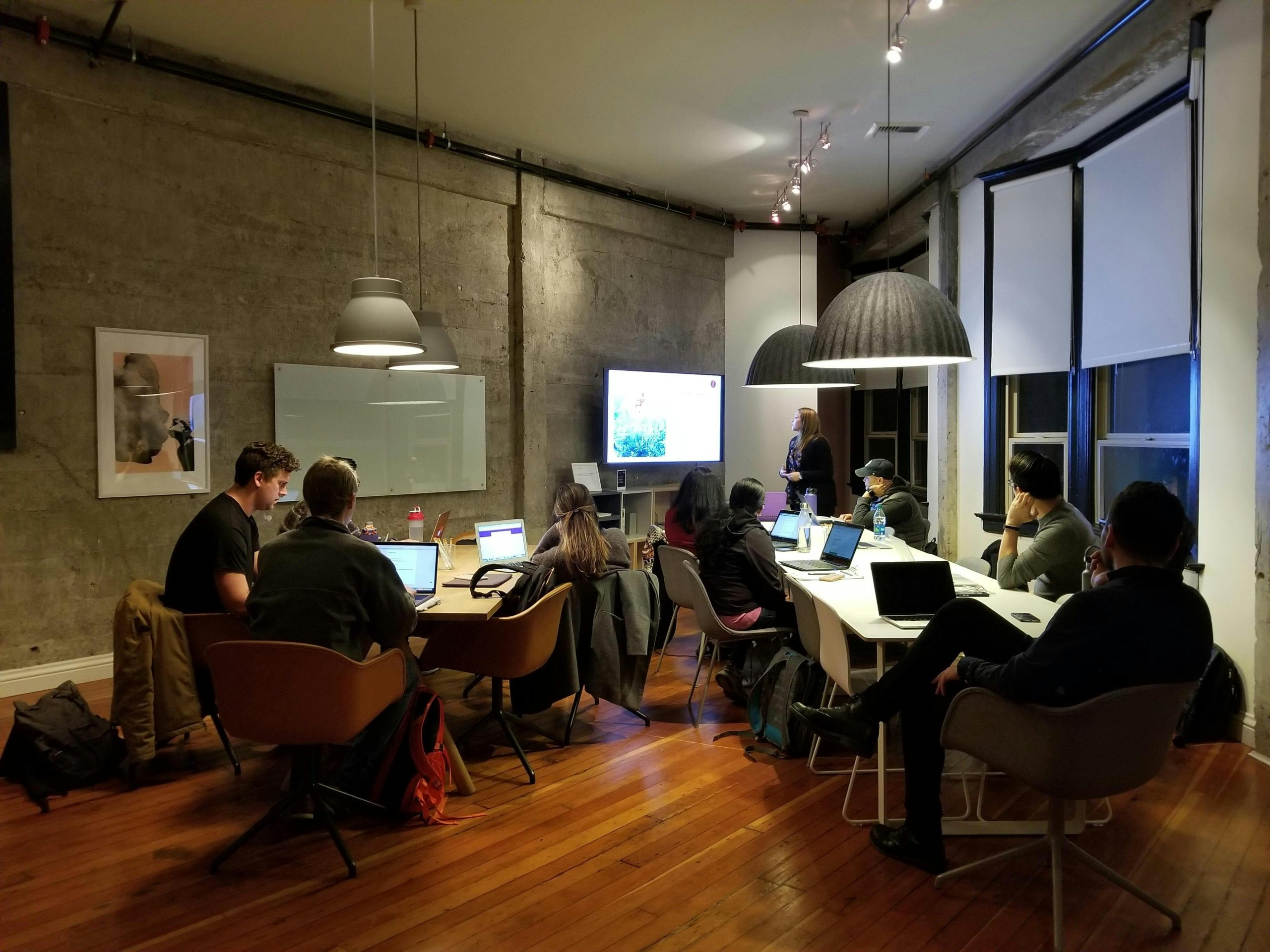Bridging Two Worlds of Nigerian Tech
The Nigerian tech ecosystem is booming, and nowhere is this more evident than in Lagos the nation’s commercial and technological capital. Meanwhile, more Nigerian software engineers in the diaspora are thriving remotely, contributing to global teams from Canada to Germany, the UK to the UAE. However, Lagos’ and the remote diaspora’s code cultures are not the same, shaped by environment, exposure, and expectations.
This article explores the key differences and parallels between the local technology ecosystem in Lagos and the far-flung diaspora coding culture, and what each can learn from the other.
1. Work Environment & Infrastructure
Lagos:
The battle is real. Lagos developers often work under conditions where loss of power, limited internet, and traffic congestion are part of the daily routine. While co-working spaces like CcHub, Venia Business Hub, and Andela’s old Epic Tower campus offer some respite, access to decent infrastructure remains an issue for the majority of developers.
Remote Diaspora:
Diaspora developers mostly enjoy stable electricity, super-high-speed internet, and quiet home offices or well-furnished shared offices. That typically means more uninterrupted time for concentrated work, testing, and coordination with global teams.
Key Takeaway:
Lagos developers have acquired adaptability and tenacity, and diaspora developers have idealized conditions. Lagos needs infrastructure support, and diaspora devs must respect the tenacity Lagos coders demonstrate.
2. Coding Standards & Best Practices
Lagos:
With bootcamps like AltSchool, Decagon, and HNG Internship, Lagos coding standards are improving. However, developers are often pushed to “ship fast,” sometimes at the cost of best practices, documentation, and testing for the sake of delivery.
Remote Diaspora:
Diaspora engineers are steeped in ecosystems where code review, unit testing, CI/CD, and agile/scrum ceremonies are non-negotiable. Code quality and long-term maintainability are given precedence over speed.
Key Takeaway:
Diaspora culture values long-term code health; Lagos can learn from adding more testing, documentation, and code review. Diaspora programmers, however, may envy Lagos’ “build-first” startup culture.
3. Learning Culture & Mentorship
Lagos:
Learning is mostly peer-driven or through bootcamps and WhatsApp/Telegram groups. Community learning is fostered through events like ForLoop Africa and DevFest Lagos, but one-on-one mentorship could be lacking.
Remote Diaspora:
A majority of diaspora remote devs have the benefit of formal mentorship programs, paired programming, and exposure to senior engineers from various cultures. They work in environments where developer growth and career progression are prioritized.
Key Takeaway:
Lagos needs more structured mentorship pipelines. Diaspora devs can contribute by mentoring younger developers back home, further strengthening the bridge.
4. Compensation & Career Growth
Lagos:
Local firms pay in Naira, and despite inflation, tech roles are still some of the highest paying in Nigeria. However, in comparison with the rest of the world, the disparity between talent value and pay is broad.
Remote Diaspora:
Diaspora devs receive foreign currency pay and enjoy benefits such as stock options, health insurance, and relocation support. Career progression is merit-based and typically well-structured.
Key Takeaway:
Most Lagos devs desire remote work not just for the pay but for opportunities to develop. Diaspora devs are the living proof of what can be achieved when talent is combined with the right ecosystem.
5. Culture of Collaboration
Lagos:
Collaboration is improving, but competition for visibility, gigs, and clients sometimes creates an individualistic mentality. Open-source contributions and synergies in teams are still emerging.
Remote Diaspora:
Remote devs typically work with distributed teams spanning cultures and time zones and must possess excellent collaboration, documentation, and async communication skills.
Key Takeaway:
Lagos devs would benefit from training in collaborative practices and tools like Git workflows, standups, and retrospectives. Diaspora devs can help by sharing templates, systems, and tools they use on a daily basis.
6. Innovation vs Optimization
Lagos:
Lagos engineers are driven by the need to solve real, urgent local problems—like payments, logistics, and access to medical care. This creates a culture of innovation under constraint.
Remote Diaspora:
Diaspora devs are more likely to work on optimization and scaling problems—how to handle 10 million users, how to get 99.999% uptime, or how to optimize systems.
Key Takeaway:
Lagos is the leader in localized innovation, and the diaspora leads in scalable systems. The future of Nigerian tech lies in wedding both mindsets.
Merging the Two Cultures
Rather than Lagos vs Remote Diaspora code culture being a dichotomy, they are complementary. Lagos developers bring street-smart solutions, hustle, and bias for action. Diaspora developers bring discipline, global best practices, and scalability thinking.
By building cross-border mentorship, remote-first training programs, and hybrid partnerships, Nigeria can build a future-proof tech workforce one that codes equally well in the power-starved suburbs of Ajegunle as on the snow-covered streets of Toronto.
